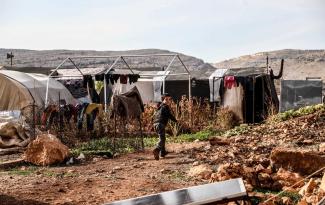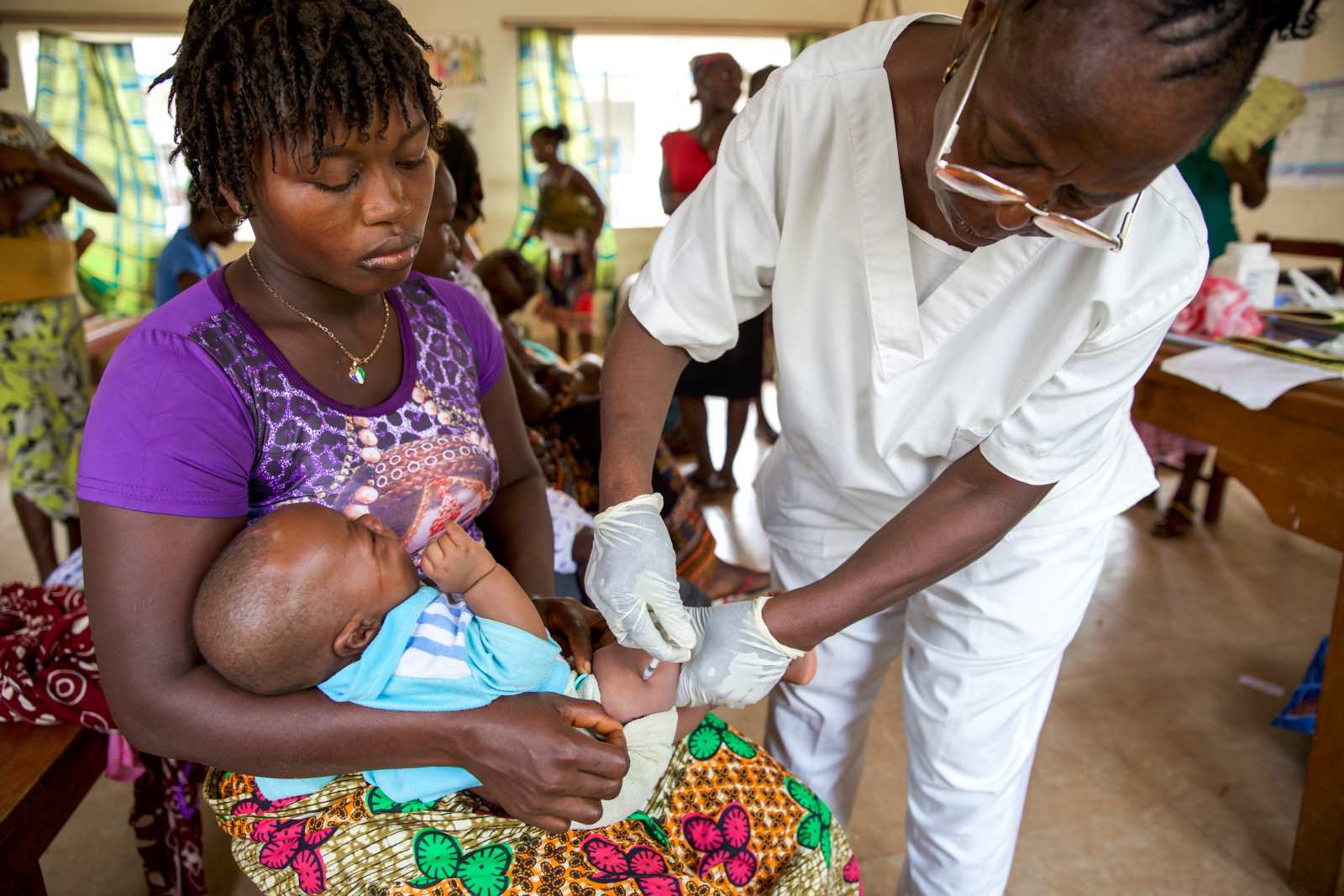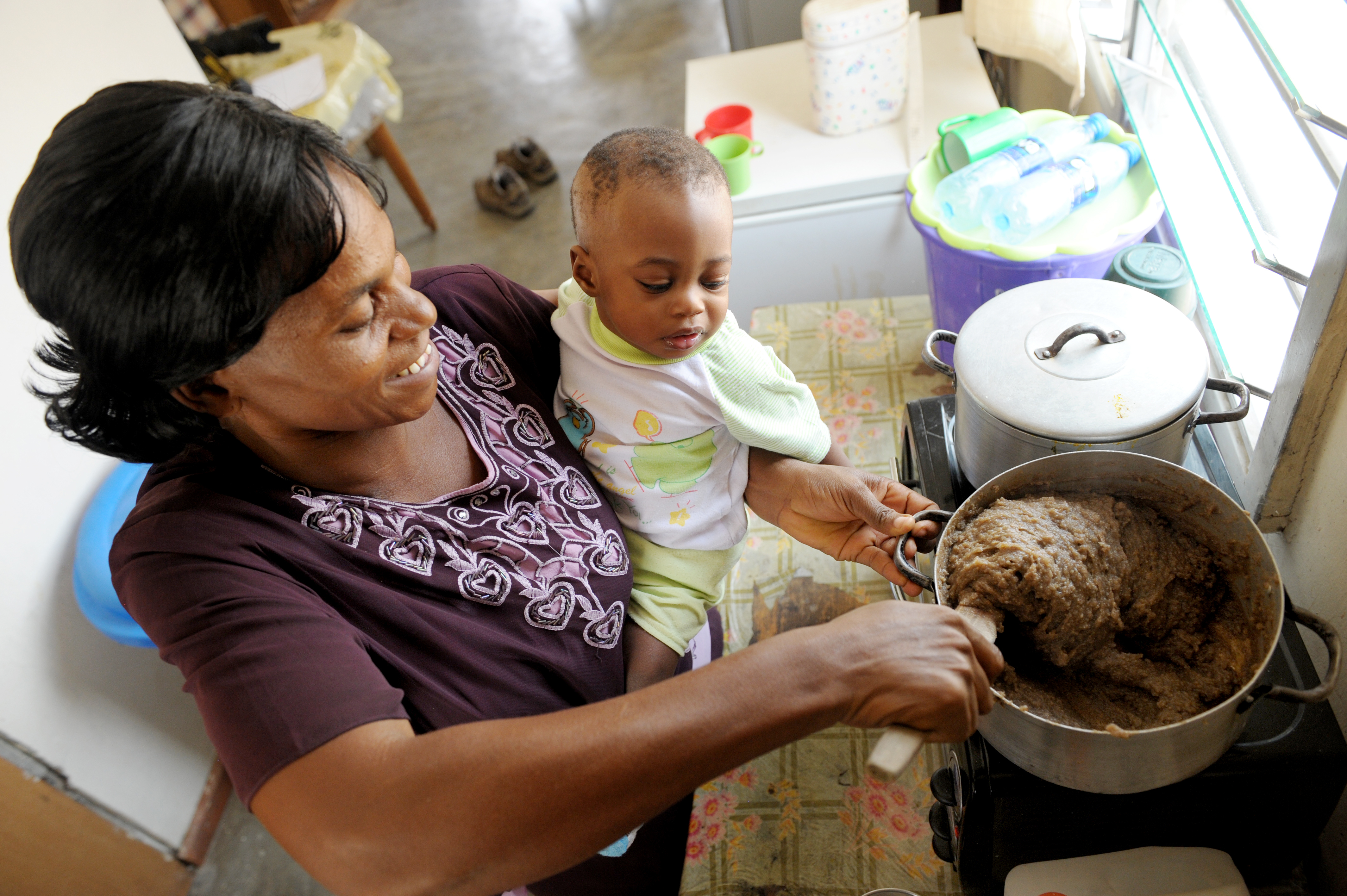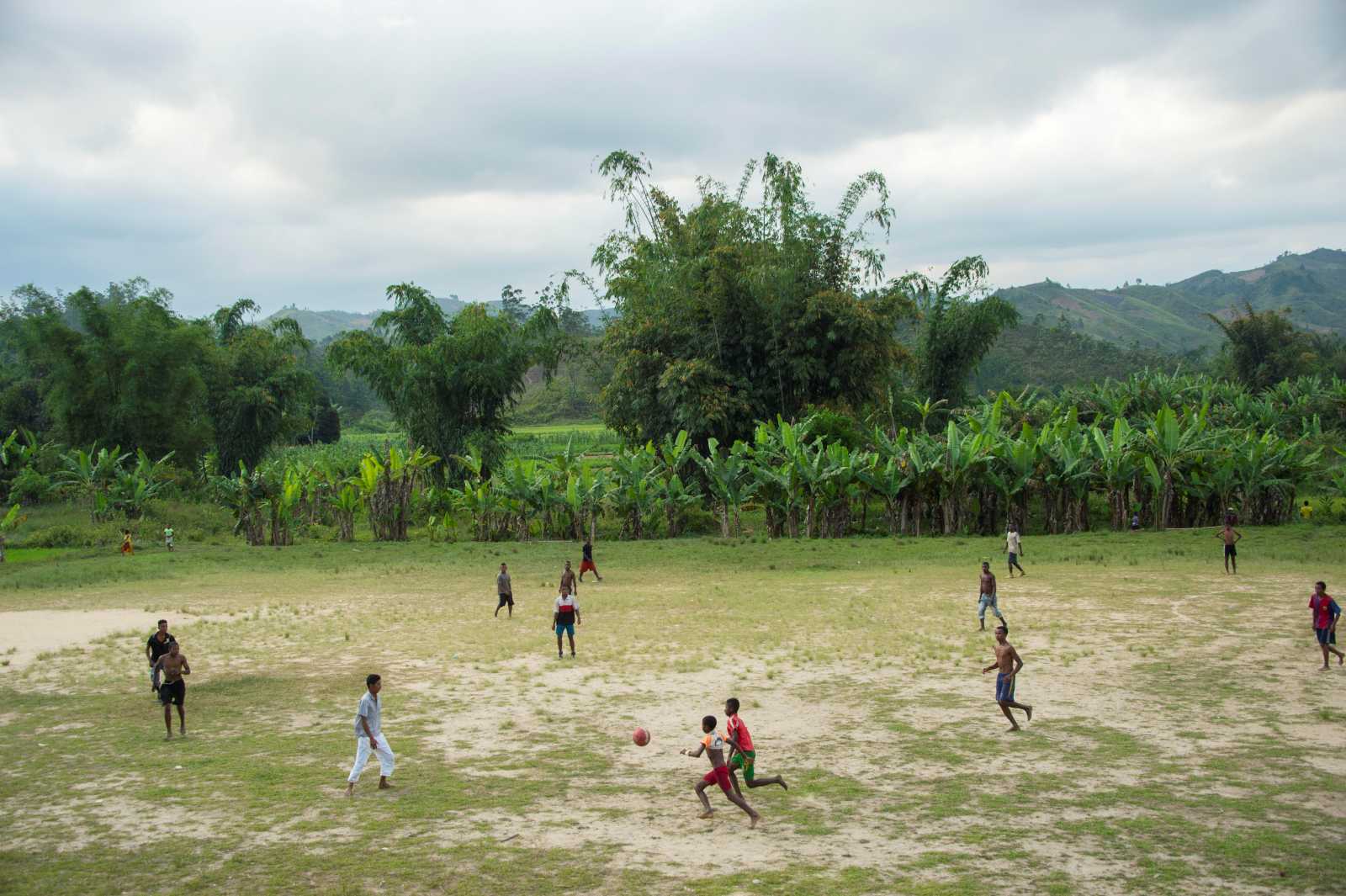International reports
Life’s foundation is essential

Each year, about five million children lose their lives before reaching the age of five according to the seventh annual Goalkeepers Report from the Bill & Melinda Gates Foundation. Three out of four of these fatalities happen in the first year of a baby’s life, while 2 million babies never get the chance to take their first breath. Despite some progress since the mid-2010s, the decline in these deaths is not happening fast enough.
The authors emphasise that early childhood is pivotal for human development, influencing lifelong health, education and ultimately economic outcomes. However, millions of children worldwide lack access to basic healthcare, nutrition and education, putting them at risk of preventable illnesses and even death.
Amidst these challenges, the report highlights innovations in maternal and child health that could save 2 million lives by the decade’s end. These innovations include digital health tools, new vaccines and improved maternal and neonatal care, aiming to ensure children receive necessary care and support even in challenging environments.
Furthermore, the report underscores the need for increased investment in early childhood education. Despite proven benefits, many children, particularly in low- and middle-income countries, still lack access to quality preschool programmes.
Early childhood education
Another notable report, UNESCO’s Global Report on Teachers, published in November, emphasises the crucial role that educators play in promoting inclusive and good early education for all. The report reveals the scarcity of qualified early childhood teachers in many countries, leading to poor-quality education and limited access to early childhood programmes.
In some regions, such as sub-Saharan Africa, Latin America, the Caribbean and the Small Island Developing States (SIDS), the number of qualified teachers in pre-primary education is less than 75 %. However, there are large differences between countries, with some doing well (over 90 % qualified teachers) and others struggling (less than 50 %). Even in industrialised countries such as Australia, graduates are reluctant to accept jobs as pre-school teachers, so there is a greater risk of a teacher shortage at this level.
The Global Report on Teachers emphasises the importance of early childhood education – it is the foundation for lifelong learning and development. This education must be inclusive and equitable, catering for children from different backgrounds and with different abilities. The report moreover recognises the role of parental and community engagement in supporting children’s learning and development and calls for concerted efforts to engage these stakeholders.
Nurturing care
The involvement of various stakeholders in early-childhood development aligns with policies such as the 2018 Nurturing Care Framework for Early Childhood Development, launched by WHO, UNICEF, the World Bank Group, the Partnership for Maternal, Newborn and Child Health and the Early Childhood Development Action Network.
At its core, the Nurturing Care Framework highlights the importance of a supportive ecosystem for children’s growth, beginning in the home. 2023’s five-year evaluation of the framework revealed a 48 % increase in the number of countries with a national policy or action plan for Early Childhood Development (ECD).
Countries such as Iraq, Jordan, Lebanon and Syria focused on caregivers of children to help them deal with stress and learn how to support their children’s needs in a humanitarian context. In India, a more inclusive approach involved providing peer support to parents and stakeholders of children with developmental needs. Bangladesh integrated responsive feeding into a parenting programme to address widespread malnutrition and household food insecurity among caregivers of children under age three.
Roli Mahajan is a journalist based in Lucknow, India.
roli.mahajan@gmail.com
















